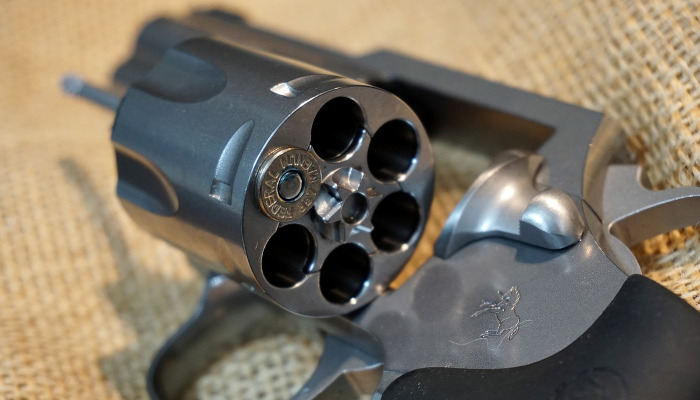
It’s a deadlock. Moscow has little or no incentive to stop its war in Ukraine, nor may Beijing. The EU should seek a clear victory or face the reality of falling under Russian influence or paying dearly for the war, but it won’t be easy.
American President Donald Trump may have a wild card in trying to manage a peace deal with Russia regarding Ukraine, but the objective conditions are challenging.
What will Russia tell its people after peace? NATO is stronger than ever, as is Ukraine, which was hardly a country three years ago and had a negligible army. The Russian economy is in tatters; there will be a million families mourning their casualties and many more dealing with people shattered by the cruel fighting.
How will those who went to the front, mainly from the countryside, deal with those who stayed behind, mainly from the cities? There is a vast and dangerous social divide waiting to explode.
It might have been a NATO trap, but wasn’t Russian President Vladimir Putin foolish to fall for it?
Putin claims he saved the country, yet he started the war himself. He may say it was a preemptive attack in self-defense. However, the Ukrainian army in 2022 had fewer than 100,000 men; now, it has over one million. Russia is much weaker than three years ago. Russia and Putin would have been much more powerful without the war.
Plus, there is China. If the war stops, China won’t have any profitable business there. A year ago, the peace dividends, with less global tension and better conditions for trade, might have outweighed the profits earned by selling Russia its industrial products and buying oil at a discount.
However, massive tariffs loom, domestic demand is still struggling, and the loss of business with Russia might not be compensated by opening alternative commercial opportunities with a future peace. The commercial environment has soured. Moreover, as soon as the Ukrainian war stops, the USA will concentrate on China, and Beijing may not want that.
To stop the war, the USA could drop its tariffs on China as an incentive to end its support for Russia. It might weaken Russia’s hand, but it might not be conclusive. Plus, China is America’s strategic priority, not Russia. The USA can’t abandon Ukraine either, or Russia will advance through Europe, and despite all controversies, the US can’t afford to lose the old continent to Putin.
Furthermore, despite its cavalier waste of lives on the front so far, Russia may not have the manpower to fight for many years; someone in Russia might try to challenge Putin and find a way to survive the carnage.
The real solution should be for Putin to negotiate a way out for himself. Or he could engineer a further extension and spread of the war and use it as a bargaining chip with friends and enemies. Still, while one or two more years of limited conflict could provide breathing space for China, the spread of the war would tighten the Chinese export market.
A cleaner solution is the one Trump de facto outlined: the US will not abandon Ukraine, but European countries will bear the financial burden. In that case, the EU will need a clear victory soon to cut prolonged expenditures. If the EU wants greater political unity, it can find it in a more decisive support for Ukraine. Historically, wars create new political entities.
Thirty years ago, the EU refused to dispatch troops to stop the fighting in Yugoslavia, sought American help, and lost the chance to strengthen its political bond. Now, it doesn’t need forces in Ukraine; it must just send weapons and support. This is Russia’s most significant danger.
A massive EU support for Ukraine could soon crush Moscow’s last resistance, pressure Iran, rebalance Turkey’s ambitions, and help the US in dealing with China. Later, the reconstruction of Ukraine could boost the future continent’s economic growth.
Yet, most likely, the times the EU will reach a consensus to spend proportionately for its defense are not the times required by the ongoing war. A different defense spending means a complex restructuring of the European expenditures structure and welfare state, which will raise more social grievances and populist rhetoric, while all kinds of immigrants from developing countries will continue to flock to the dream of European prosperity. It’s the right fuel for any incendiary sparkle (maybe Russian) to start a fire. Germany and France are still the driving political forces on the continent; there is no real substitute for them. Italy, Poland, or Spain have been unable to lead the continent and most likely won’t do so in the foreseeable future. At best, they are second fiddlers. Yet Germany and France are in a political stalemate that could last for precious months.
Now it’s clear. Ukraine should have declared a unilateral ceasefire in June 2023 when Russian mercenary chief Yevgeny Prigozhin staged his uprising. At that time, the US was keen on salvaging Putin, fearing a total breakup of Russia without him. Perhaps the reality is that you can’t scramble eggs without breaking them. Then Putin took the US for a ride; the October 7 Hamas carnage created a new conflict and distracted the world. Next year, it might also be clear that Europe has lost yet another opportunity to get its act together.
I hope I’m wrong.
finis





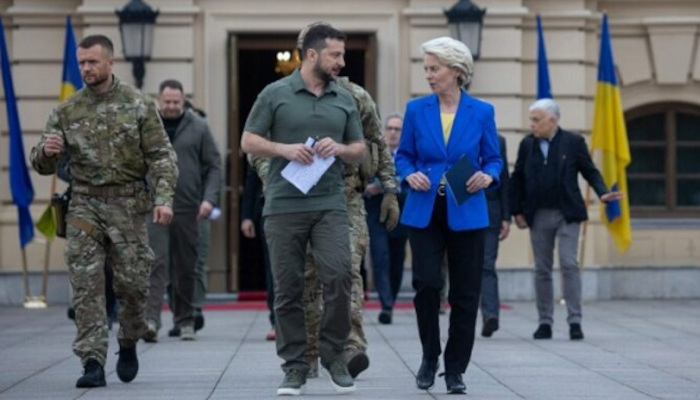
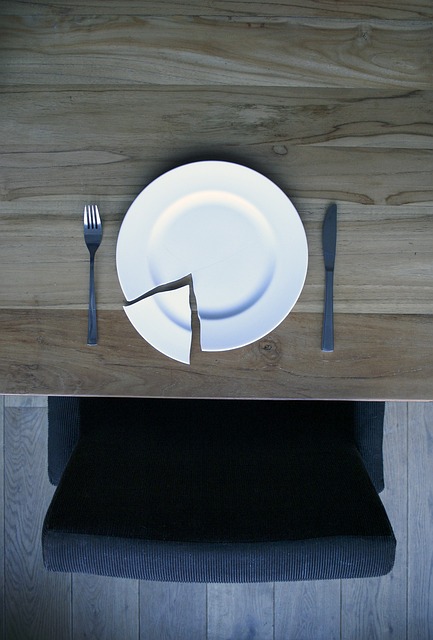
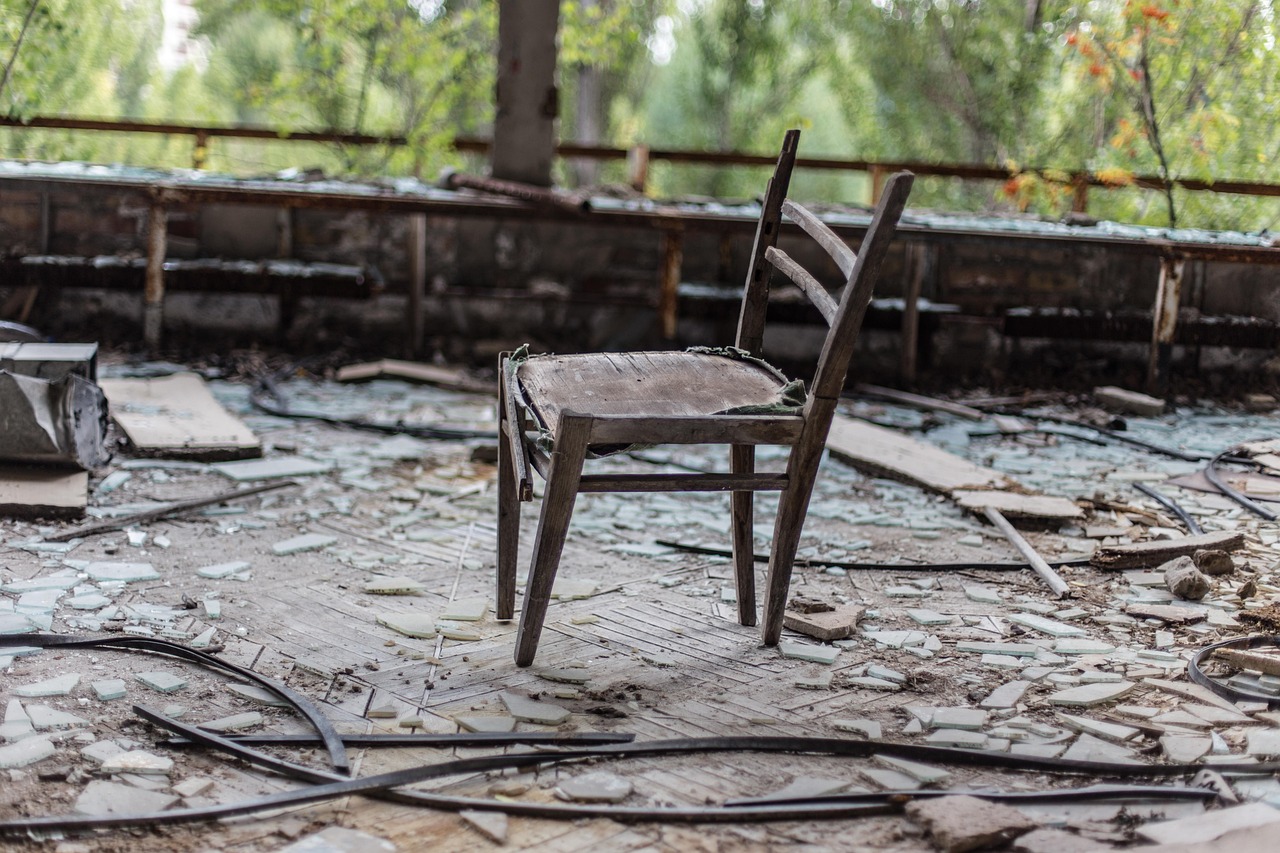
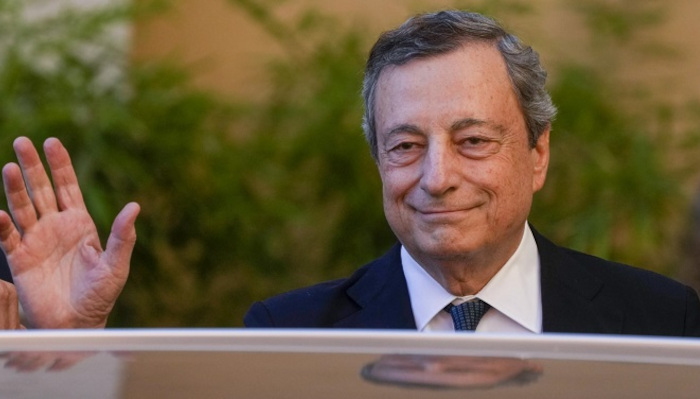

A Russian Roulette Peace - SettimanaNews